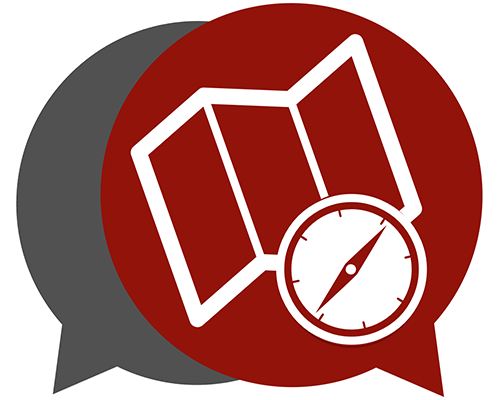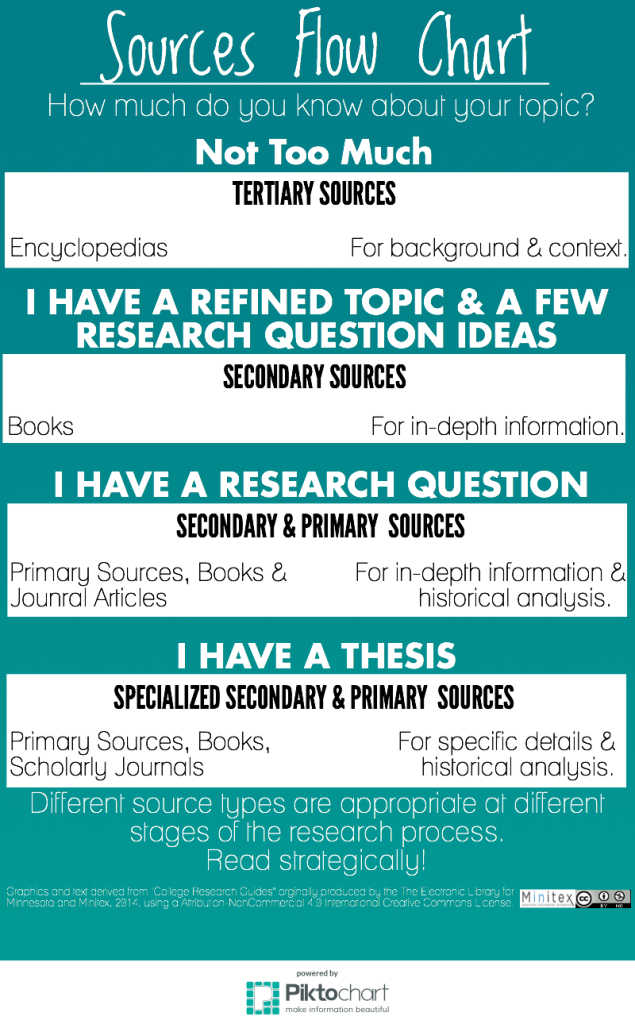2-Sources and Information Needs

This section and the section on Types of Sources work together. That’s because knowing the kinds of information in each category of sources will help you choose the right kind of information to meet each of your information needs. And some of those needs are very particular.
Information needs are why you need sources. Meeting those needs is what you’re going to do with sources as you complete your research project.
Here are those needs:
- To learn more background information.
- To answer your research question(s).
- To convince your audience that your answer is correct or, at least, the most reasonable answer.
- To describe the situation surrounding your research question for your audience and explain why it’s important.
- To report what others have said about your question, including any different answers to your research question.
Tip:
For another way to think about the work your sources do, see Roles of Research Sources.
The verbs in the list of information needs above tell you exactly how you’ll use sources to carry out your research and create your final product: to learn, answer, convince, describe, and report. But you won’t be doing any of that alone.
Your sources will give you information with which to reason. They’ll also give you direct quotes and information to summarize and paraphrase as you create your final product. In other words, your sources will support you every step of the way during your research project.
Needs and Final Products

